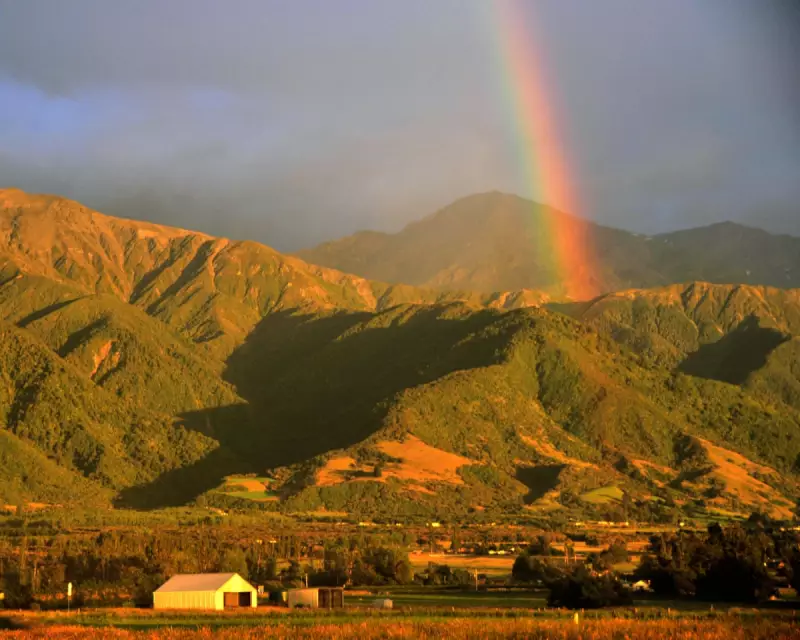
Becky Manawatu, the celebrated author of the award-winning sensation Auē, has returned with a breathtaking and powerful sequel that not only meets but spectacularly surpasses the towering expectations set by its predecessor. Kataraina is a masterful exploration of trauma, identity, and the enduring search for redemption, cementing Manawatu's status as a formidable voice in contemporary literature.
The novel picks up the threads of its beloved characters, chiefly Ārama, who is now navigating the complexities of young adulthood. Having survived the profound trauma of his childhood, Ārama finds himself drawn back to the very places and memories he has tried to escape. Manawatu deftly weaves his present-day struggles with the haunting echoes of his past, creating a narrative that is as tense as it is deeply moving.
A Triumph of Lyrical Storytelling
Manawatu's prose remains her greatest strength. It is a unique and captivating blend of raw, visceral power and astonishing lyrical beauty. She paints the landscapes of Aotearoa New Zealand with a reverence that makes them a character in their own right, while her dialogue crackles with an authenticity that immediately immerses the reader in the world of her characters.
The tension in Kataraina is masterfully calibrated. It simmers quietly beneath the surface of everyday life before erupting into heart-stopping moments of thriller-like suspense. This is not a mere crime novel; it is a profound and unflinching examination of the cyclical nature of violence and the difficult, often painful, path towards healing.
Deeper and More Ambitious
Where Kataraina truly excels is in its expanded scope and ambition. The novel broadens its focus to include a richer tapestry of characters and perspectives, delving deeper into the intricacies of Māori whānau (family) and community. Themes of cultural dislocation, the enduring impact of colonialism, and the resilience of the human spirit are explored with a new level of nuance and depth.
Early critical reception has been overwhelmingly positive, with many reviewers suggesting that Kataraina is an even more accomplished and impactful work than the iconic Auē. It is being hailed as a defining novel for Aotearoa, one that confirms Manawatu's place at the forefront of the nation's literary landscape.
For readers who were captivated by Auē, this follow-up is an essential and rewarding read. For those new to Manawatu's work, Kataraina stands as a stunning, self-contained triumph—a powerful, emotionally charged, and utterly unforgettable novel that will leave a lasting impression.





